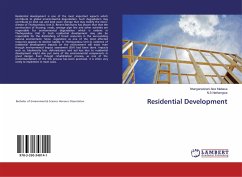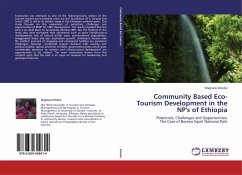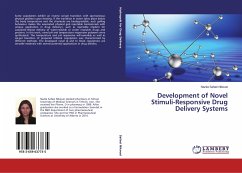Residential development is one of the most important aspects which contribute to global environmental degradation. Such degradation may contribute to land use and land cover change that may modify the micro-climate of Thohoyandou Unit D. Recent literatures has shown that that the construction of housing, roads, sewage pipe line and other activities are responsible for environmental degradation which is evident in Thohoyandou Unit D. Such residential development may also be responsible for the diminishing of forest resources in the surrounding natural environment. Since, vegetation as one of the most affected resources appears to decline rapidly. In Thohoyandou Unit D, evidence of residential development impacts on the environment still exists even though environmental impact assessment (EIA) had been done. Impacts such as, biodiversity loss, deforestation and soil loss due to residential development might also put some of the environmental components in great danger. Even though rehabilitation process, as one of the recommendations of the EIA process has been practiced, it is often very costly to implement in most cases.
Bitte wählen Sie Ihr Anliegen aus.
Rechnungen
Retourenschein anfordern
Bestellstatus
Storno








